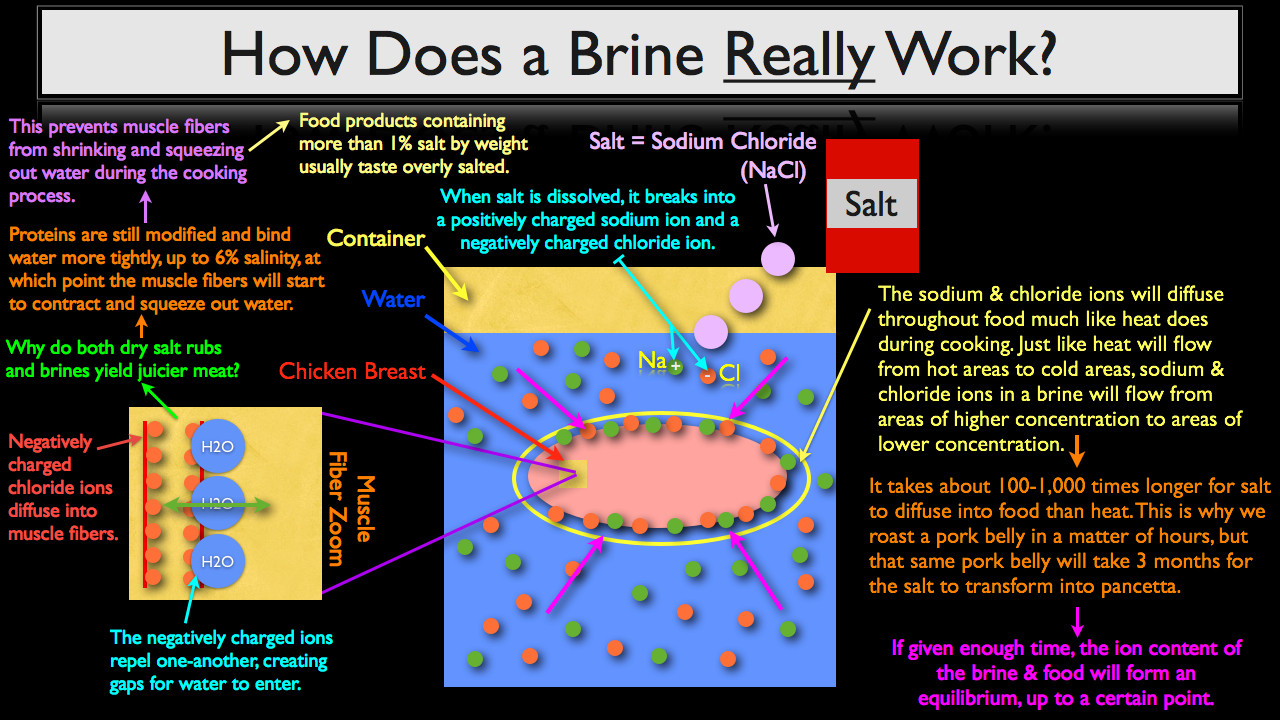Myth busters beware, are you ready? Go!
No brining nor seasoning will make your chicken too salty.
5%, 7%, 10%, The only sodium saturating process known to men is the injection, the needle injection, the so called "added solution".
If you're only brining, you're miles away from needle injection consequences, yet another misunderstood process.
Brining is not to be feared, injections is.
Edit (after all these comments/questions showed up):
Brining is a complex subject which I cannot address here, and a lot of myths are floating around, mostly related to nuances, while people do not understand the enormous impact of:
- osmosis vs. diffusion,
- which ingredient are real actors in brining and which are not, among salt sugar fat acids alcohol herbs/flavors spices/Pungency/[scoville scale]
- what happens during passive brining vs. active cooking, including the effects of slow cooking vs. high heat
- the type of meat, the thickness of the meat, the duration of the brine/marination.
You can debate this thing for days and years, but what matters here is the question. The assumption is "I marinated (5%) a chicken and now that my marination is over, I'm thinking of seasoning (salt) before cooking. Am I running a risk to saturate the end product with sodium?"
The clear answer is NO, as long as your brine didn't last weeks, or your meat was not previously injected with a sodium solution, e.g 12% or 15%. The only time you have to worry about salt seasoning is when your meat has already been salted with injection, or if you just managed to cook a peace of meat with a higher than 5% salt solution for more than a week, which won't happen unless we are talking about dried cured meat, which is an aberration as I've never seen it.
Please be careful with references to articles, books, so called scientific published papers. You really need to read them slowly and carefully, interpretation is key, understand where they came from, who wrote them, who paid for it, who's getting paid for it, which is the source, ... etc, even if the almighty gods of molecular gastronomy are named on it.
FYI: I've been fighting a few USDA/FDA strict rules for years (e.g. caning, meat temp), while believing their overall work is awesome.

